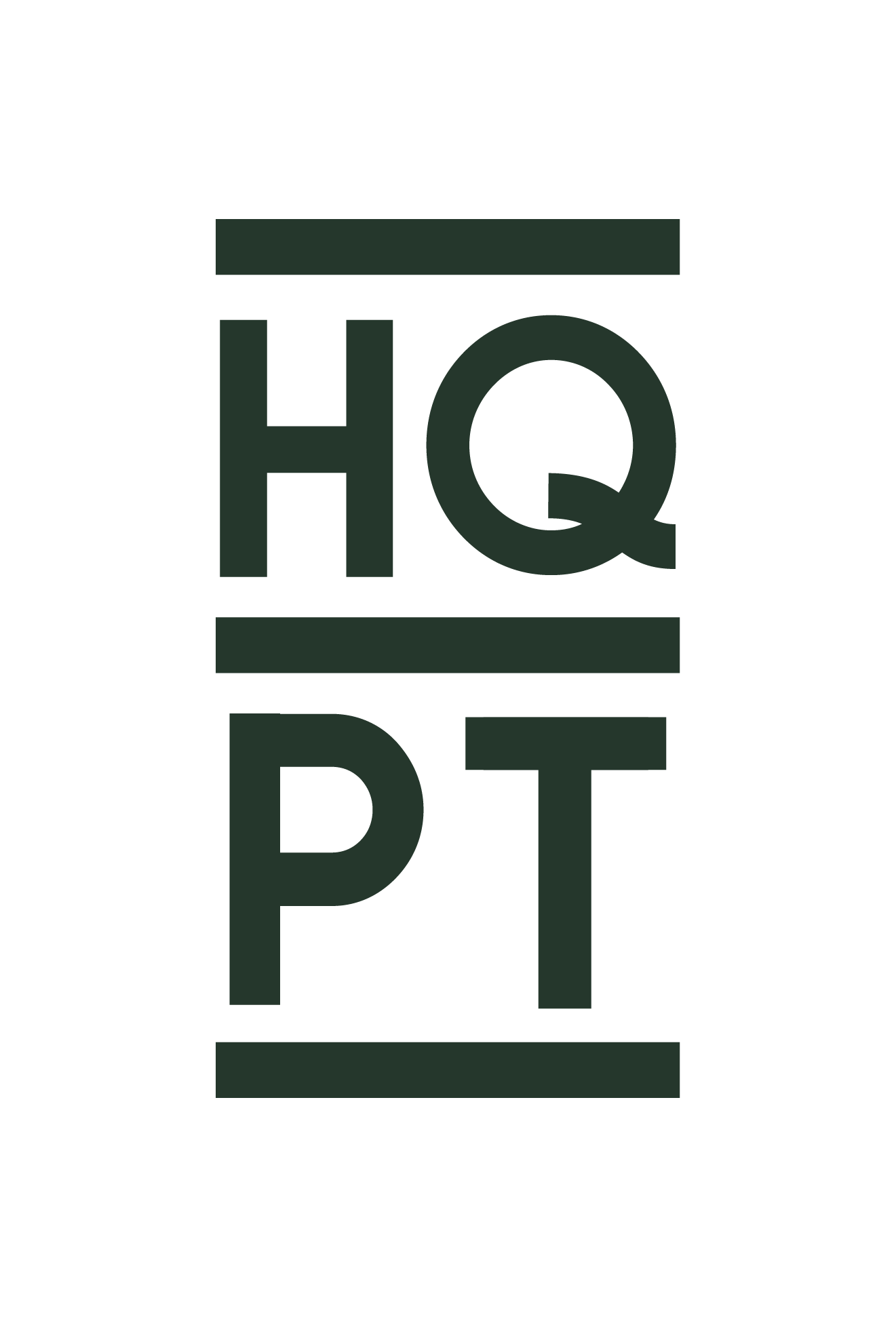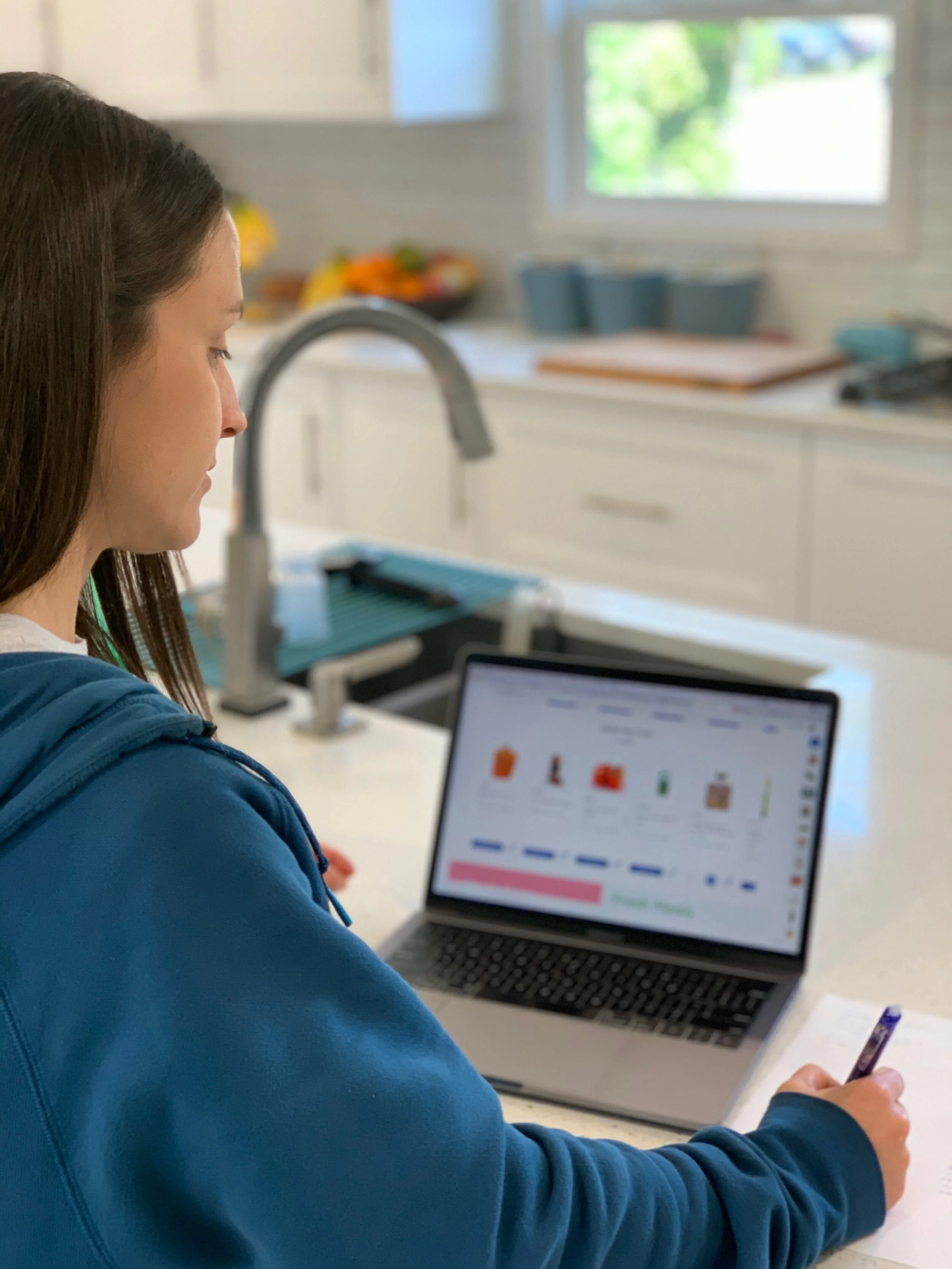ARE YOU STRESS EATING?
In these unprecedented times many of us are finding it challenging to stay healthy while adapting to a constantly evolving situation. Needless to say this is a stressful time for all with having to juggle work, potential unemployment, children, and lack of access to anything resembling “normalcy”. A common response in long-term stressful situations is adjusting our eating habits to favor foods that make us feel better emotionally. Oftentimes those foods tend to be highly palatable and low in satiety. In other words, the foods we tend to choose for comfort tend to taste really good but do not do much to satisfy our actual hunger.
This phenomenon is typically referred to as “stress eating” and is often observed after stressful workdays, breakups, tragic loss, or during quarantine in the midst of a global pandemic. Let’s talk about what stress eating looks like, why it happens, and some strategies to help combat it.
The first step to dealing with stress eating is to identify it.
Here are some signs that you may be stress or emotional eating:
1. You find yourself craving “comfort” foods that tend to to be high in fat and sugar
Cortisol is a hormone that is released in times of stress. This is true in both times of emotional stress (e.g. arguments with a boss) as well as physical stress (e.g. working out). And while cortisol tends to get a bad reputation, its function in our bodies is both healthy and necessary. In fact, the initial secretion of cortisol acts as an appetite suppressant. However, with chronically elevated cortisol levels hunger actually increases and tends to be temporarily satisfied with foods that are high in fat and sugar. Foods that are high in sugar tend to generate a release of dopamine in our brains, making us feel better and with a temporary increase in energy.
2. You notice a spike in cravings as opposed to true hunger signals
Hunger tends to build gradually, whereas cravings tend to come on quickly and can be initiated by various triggers. Sometimes we condition ourselves to eat at certain times of the day or a certain stressful work or home situation causes us to reach for that pint of ice cream.
3. You don’t feel satisfied despite being “full”
We’ve all been there before. You grab at every type of snack in the pantry - chips, cookies, candy, etc. You might even fix yourself a bowl of leftovers as you sit down to join a webinar (since everything is being done remotely right now) or that teleconference meeting that you’ve been dreading all week. Even despite eating all the aforementioned foods you still find yourself opening the refrigerator door taking a visual inventory of what else you might want to eat. What’s happening now is you are filling your stomach when what you are truly searching for is an emotional distraction.
4. You find yourself feeling guilty or shameful after eating
You eat a snack and you immediately regret it. You have a cookie and feel like you need to do a third free YouTube workout for the day. What was supposed to help you feel great (energy, sustenance, flavor) only leads to feelings of despair and self-deprecation. Another hallmark sign of guilt or shame surrounding food is eating in hidden areas of the house such as the garage, the laundry room, or the closet.
Identify effective ways for YOU to manage your stress
Stress management techniques are highly individual but their importance is undoubtedly universal. Everyone needs to find effective ways to deal with stressful situations. Activities such as dancing, laughing, video chatting or texting with a friend, exercise, napping, or taking a walk in the sun are all proven ways to enhance your mood, improve energy, and decrease stress. Sometimes even having a glass of water can reduce food cravings brought on by stress triggers.
Here are some methods that can be helpful to monitor your nutritional intake during stressful situations:
Keeping a food log. Be as thorough as you can and look back to identify particular foods or times of the day that can be particularly triggering for you.
Take 5! If you have identified particular moments of stress eating, try to take 5 minutes before reaching for that comfort food. Walk away, give yourself space from the kitchen, and try one of the other stress relieving methods mentioned above.
Eat at regular times and be sure to include nutrient dense foods.
Try substituting water or tea for food when hunger strikes. If you still feel the need to munch on a snack try opting for foods that are higher in volume but low in calories such as unbuttered popcorn or raw veggies.
We recognize that this is a particularly stressful time for everyone, everywhere. If you are struggling with maintaining your nutritional goals or need help adjusting them to your current lifestyle and activity levels please reach out to us for a consultation with our lead dietitian, Michelle Tegenkamp.

